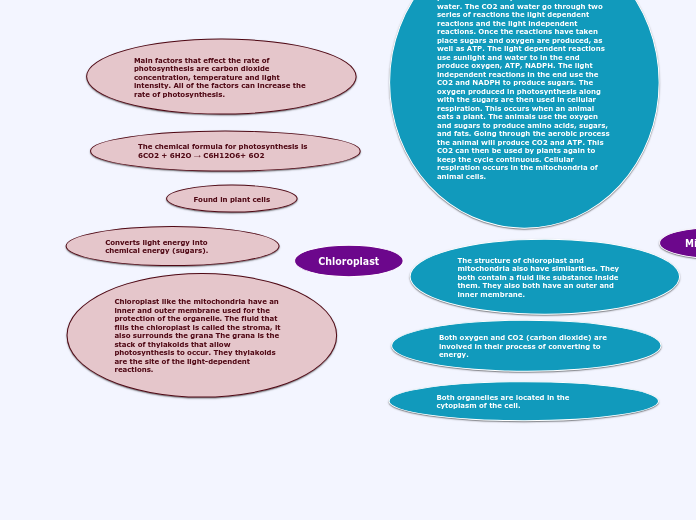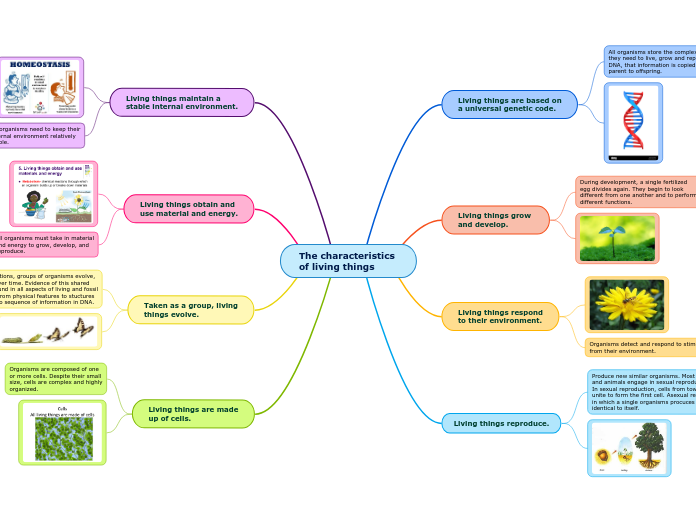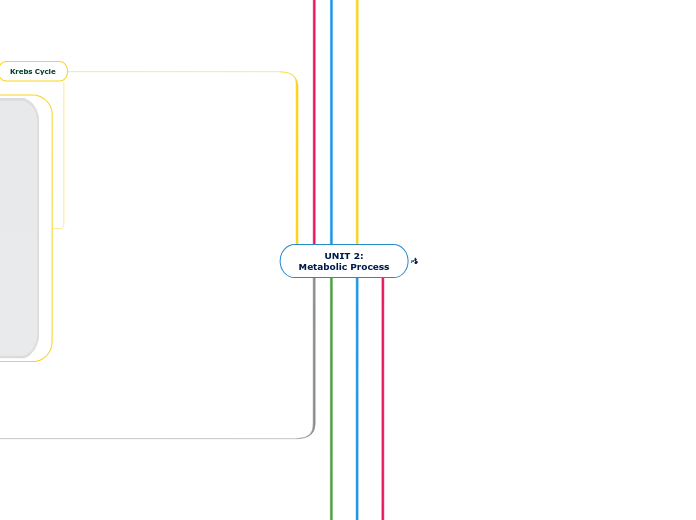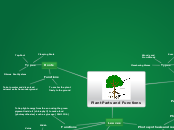por Emma Spence hace 5 años
643
Chloroplast
Chloroplasts and mitochondria share several structural similarities, including having inner and outer membranes and containing a fluid-like substance. Both organelles play crucial roles in energy conversion processes involving oxygen and carbon dioxide.









